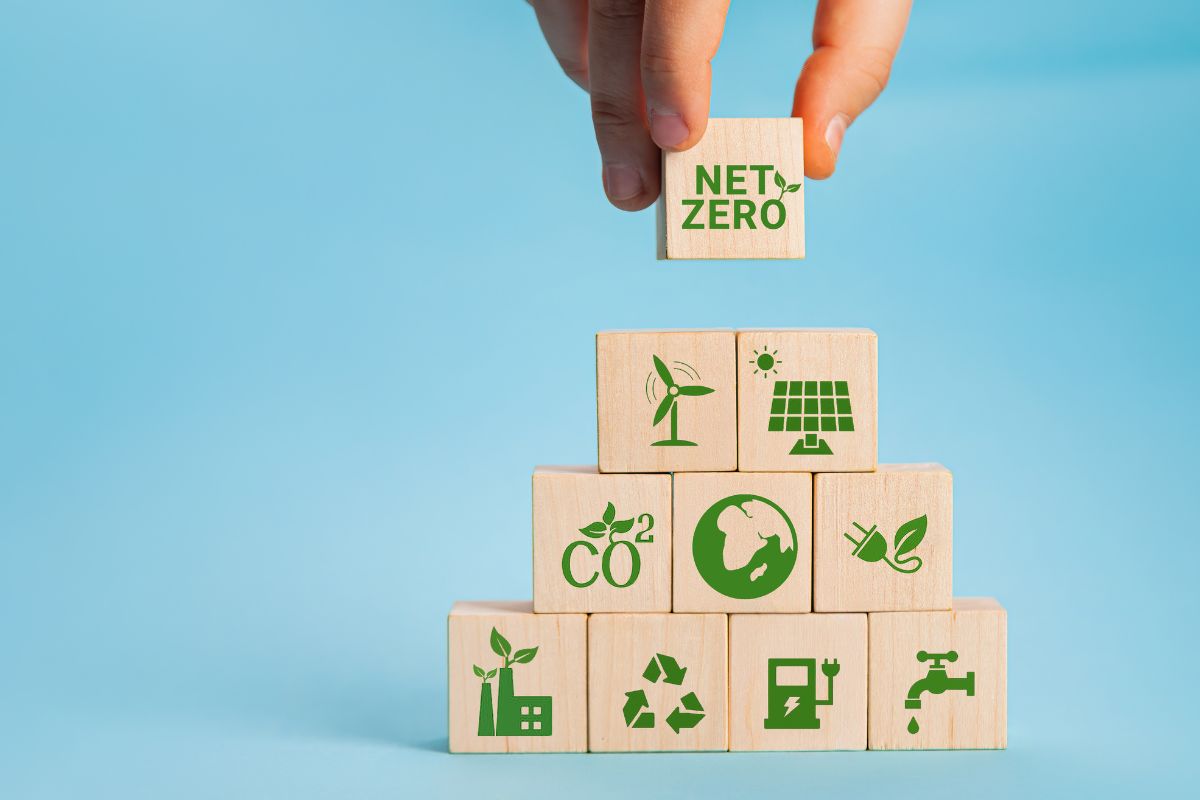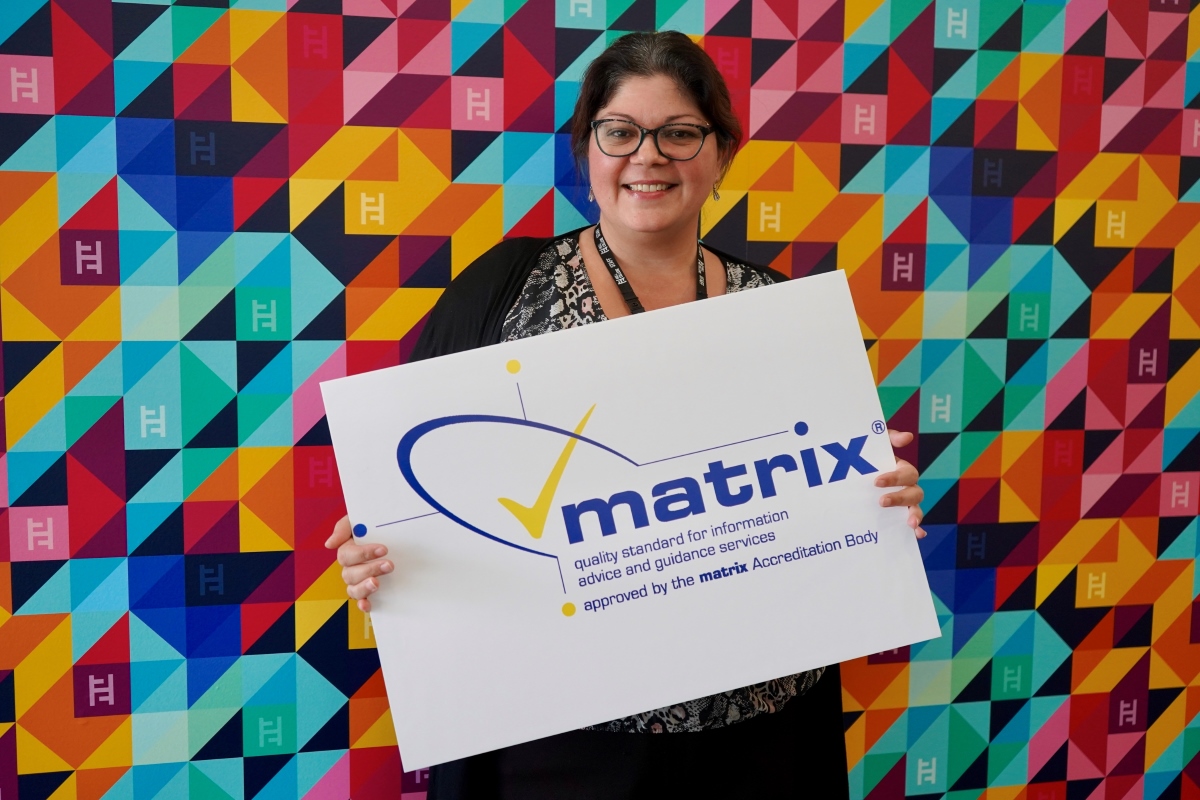ESCP Business School works out carbon footprint

FT-ranked ESCP Business School’s London Campus has joined the Better Futures+ initiative and successfully calculated its carbon footprint. This is part of the school’s effort to lower its emissions and support the London Borough of Camden in achieving its net zero goal by 2030.
In September 2022, ESCP Business School launched the carbon emissions calculation project to establish its baseline in all of its five European campuses, from which it will create a reduction strategy to halve its emissions by 2030.
In London, ESCP set up the Social Impact and Sustainability Committee, which oversees the project delivered by the ESCP London Green Office and the Lighthouse student society. It gathered the data across departments and transferred the final data into the Climate Essentials carbon management tool. It is also currently having an external audit performed to verify this data and the other campuses.
Student travel
ESCP decided to calculate the emissions generated by student commutes in London and travel between London and other campuses, as this is a key aspect of its business model. The total emissions came to 2,108 tonnes CO2e, with the majority coming from student commutes within London. The business school has developed travel policy for students to educate and encourage low emissions transport and to incentivise greener choices with rewards. For local commuting, ESCP London encourages walking and using public transport, and the school has installed bike racks and an electric charging station for staff vehicles. Hybrid work, teaching and studying have been implemented since the 2021/2022 academic year.
“We are proud of our London campus’ work with Better Futures+,” adds Joe Miemczyk, Associate Dean for Sustainability Transition at ESCP. “Carbon footprinting is a powerful tool that enables organisations to assess their environmental impact and develop strategies to reduce their carbon emissions. Armed with this knowledge, ESCP is now better placed to lessen its impact on the planet.”
Emily Centeno, ESCP London’s Communications Director, added “Being part of a programme that serves London’s business community enabled us to show that ESCP is dedicated to making London greener. Better Futures+ provided the perfect opportunity to do this through its workshops, webinars, one-to-ones and networking events”.
ESCP has 100% of its students trained on sustainability, climate issues, and planetary limits through compulsory courses. Educating students to be responsible business leaders and focusing on business sustainability is a part of the school’s global strategy. The school also launched the micro-learning course ‘AXA Climate School’ for the ESCP community, with an official ESCP x AXA Climate School certificate. All ESCP staff are encouraged to complete the course.
Camden Beeline
ESCP has also been placed on the Camden BeeLine map – joining the community that increases green spaces and biodiversity by creating a connected pollinator-friendly pathway of trees, plants and rewilded space in the borough.
In 2022, ESCP joined the Mayor of London’s Business Climate Challenge through the Camden Climate Change Alliance and received customised technical advice to help the campus become more energy efficient, including an on-site energy audit; all worth £6k.
ESCP London Campus has committed to reducing their energy emissions by 10% in the academic year 2023/2024. Across all campuses, the School committed to a 55% emissions reduction by 2030, from a 2021/22 baseline.
Find out more about ESCP’s responsible leadership here.











Responses